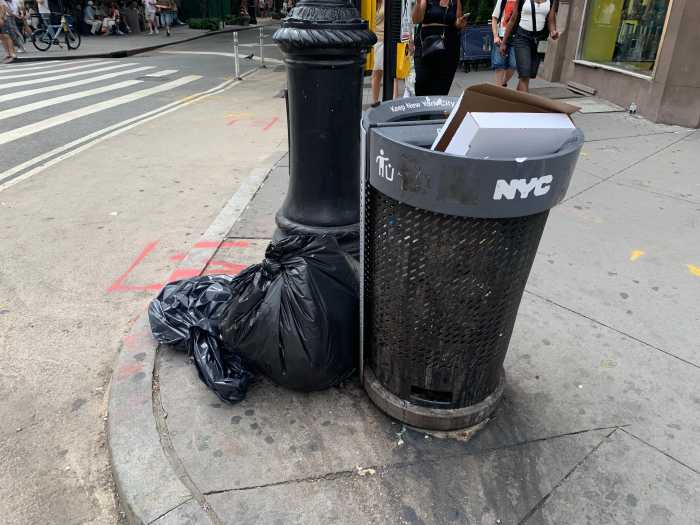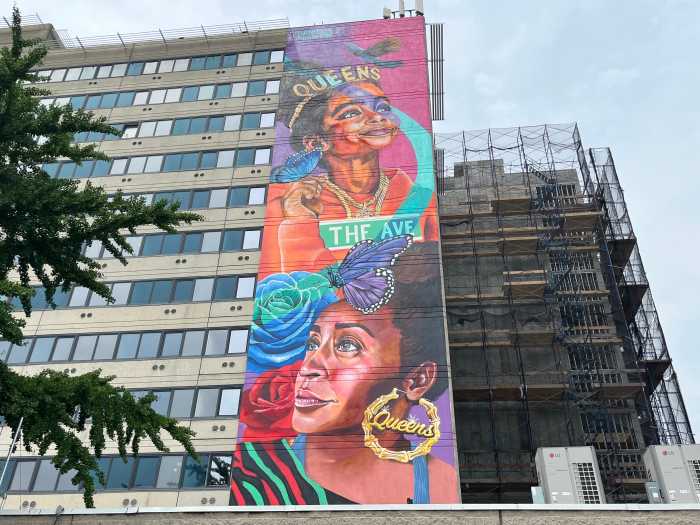
Examples of extraordinary and egregious overtime use at the MTA have now drawn the attention of federal and state prosecutors.
That was inevitable — and certainly is necessary — because an intense criminal probe is the only way to determine the depth of potentially fraudulent timekeeping at the MTA.
Federal prosecutors in the Southern District of New York have subpoenaed records from more than a dozen New York City Transit and LIRR employees, and are looking into the MTA’s timekeeping methods.
The office of the Queens district attorney and MTA inspector general also are muscling up to work on a probe. While more eyes are better, federal prosecutors should take the lead and see how far up the chain this behavior goes. The FBI and the Southern District, which prosecuted disability fraud at the LIRR beginning in 2011, have a record of understanding a culture that stifles accountability.
Promised reforms never happen
Overtime abuse is not new at the MTA. At multiple times in the last 10 years, the MTA inspector general or State Comptroller Thomas DiNapoli have investigated. Over and over, past MTA chiefs have promised reform.
Yet nothing has changed. That’s why a broader, systemic probe is needed.
If there is an organized criminal scheme in place, federal racketeering statutes would allow prosecutors to clean out the rail yards. In the federal law enforcement playbook are malleable statutes like wire and mail fraud, which could make accepting the wages a crime. To save themselves, workers might offer information about others who perpetuate this seemingly rigged system.
The MTA’s accountability and time management issues differ with each branch. At NYC Transit, there are questions about whether all employees work their full shifts. Because of the size of those operations, that’s where more taxpayer and rider dollars are burned. At the LIRR, which is governed by the Federal Railway Labor Act, a lack of modern recordkeeping could allow potential overtime abuses. One LIRR worker
earned $344,147 in overtime, according to the Empire Center watchdog organization.
He reportedly worked 3,864 hours of overtime in one year.
With the MTA paying out more than $1 billion in overtime last year, even a few such cases raise red flags and warrant public outrage. All of this comes at a time when the MTA is asking residents to pay more through fare increases and congestion pricing. They deserve assurances that their money will be well spent, that MTA reform is possible, and that abuses will be found and stopped.
Management, unions, must fix problem
Then there are questions about the MTA’s timekeeping, which often relies on handwritten records or other older systems. And what about workers’ supervisors, and middle and upper management? Bad behavior doesn’t happen without someone else knowing, or looking the other way.
Don’t be confused by the cloud of smoke sent up by some labor leaders that railroad officials are responsible for record overtime. Paying workers extra rather than hiring more of them can make sense, but
there’s plenty of blame to go around when abuses occur. Management and the unions must fix problems across the system.
But first, we need some answers. There is nothing like subpoenas to get people talking.































